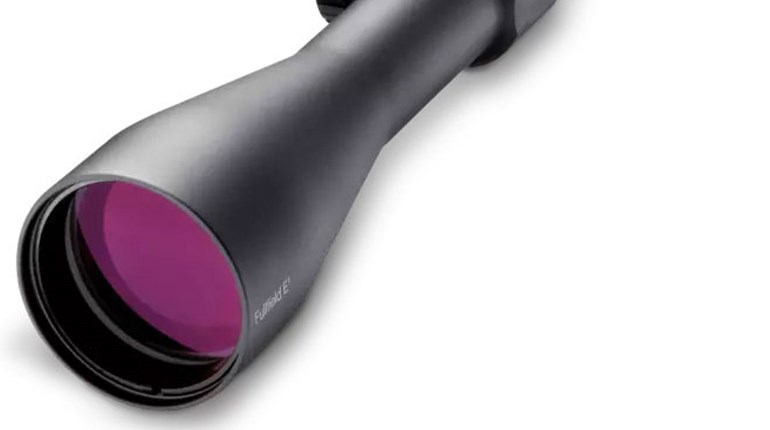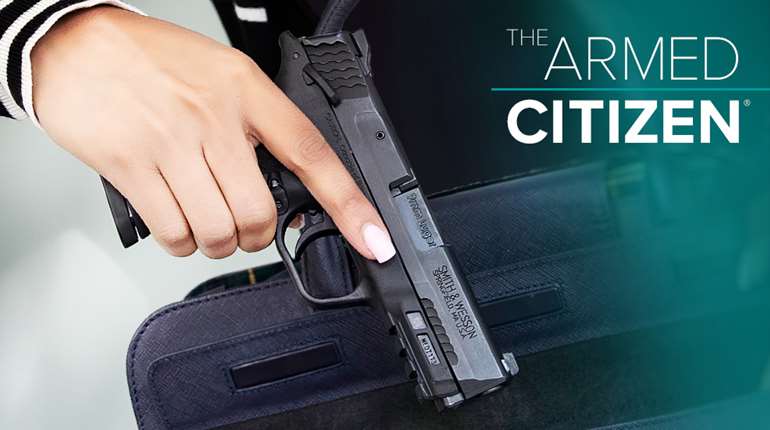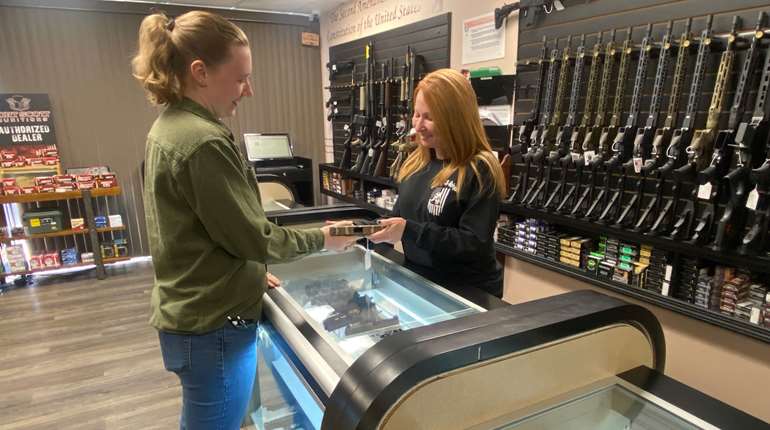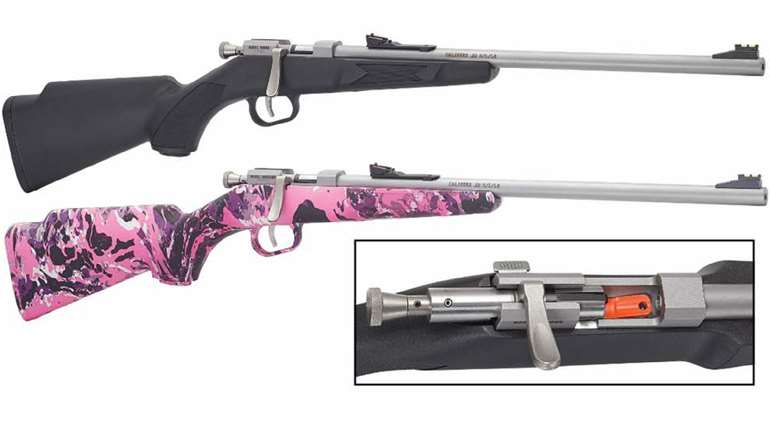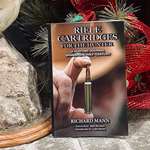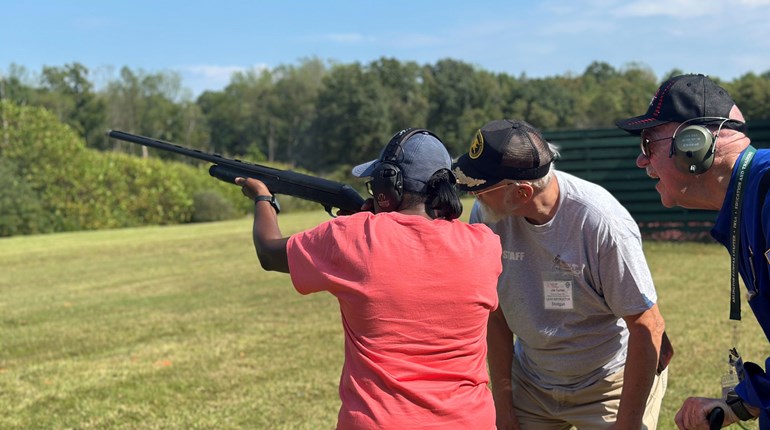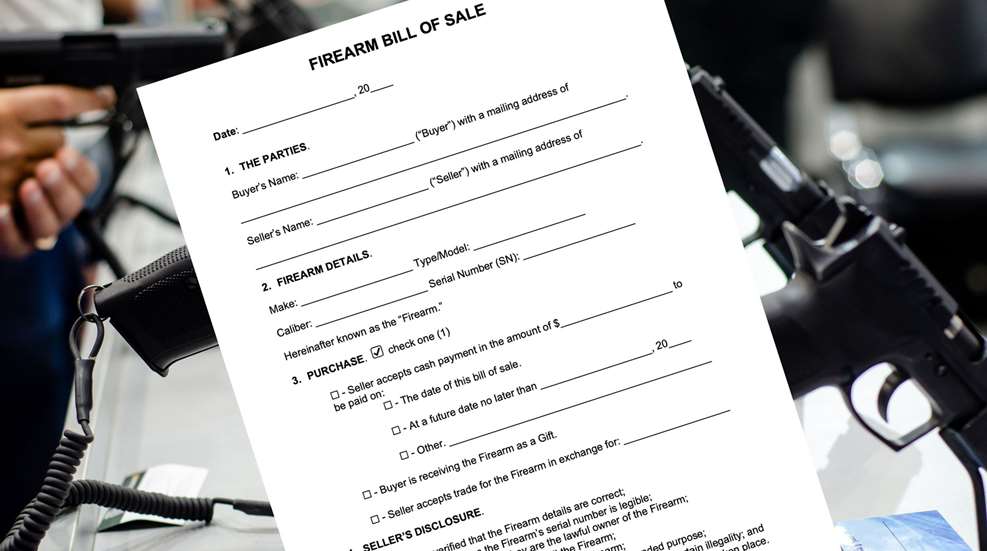
Selling a firearm to another private party within the same state (without first transferring it to a Federal Firearms Licensee who would conduct a background check) is legal on a federal basis, as long as the seller doesn’t have reason to believe the buyer is prohibited from owning the gun legally. That said, crossing state lines is another matter, and even within the state, your state might have different restrictions. You might be required to go through an FFL dealer for a background check, or there might be other laws to follow.
But let’s assume you’ve dotted all those i’s and crossed all those t’s, and you know you’re legally cleared to sell one of your guns to friend who wants to buy it. There’s one thing you should still consider doing to protect everyone: Get a bill of sale.
A bill of sale is just what it sounds like: a record that you sold the gun. It’s a receipt, basically. A bill of sale serves as documentation that you have transferred ownership of the gun, which is important in case the firearm is later found to be used in a crime.
We do not have a legal registration of firearms ownership in this country, but when a gun is used in a crime, it can be traced from the manufacturer to the retailer to whoever the retailer sold it to. If you bought the gun new, that’s you. You might have sold that gun 10 years ago to a buddy who then sold it to his cousin who later sold it to some rando on the street—but if you didn’t get a bill of sale when you sold it to your buddy, as far as the police are concerned, you were the last one on record as owning that firearm. Now, that’s not to say you will or will not be charged with the crime, but if you have a paper trail documenting that you haven’t owned that gun in years, you’ll have less hassle.
A bill of sale is simple. It should include your name, the buyer’s name, the manufacturer, model, caliber and serial number of the gun, the price you’ve agreed upon, the date and signatures of the buyer and seller. There are loads of templates online you can use; just google “firearms bill of sale” and you’ll find some specific to your state with all kinds of legal mumbo-jumbo.
The ATF also recommends you keep a list of all the firearms you own and have owned, including their serial numbers and details about when and to whom you sold each gun you no longer own. They have a template you can use here. Keeping such an inventory is a good idea for insurance purposes as well.
Chances are low that your used gun is ever end up in police custody. But creating and signing a bill of sale protects you just in case, and it is so easy to do that there’s no reason not to. If your buyer doesn’t want to sign it, you should wonder why.












